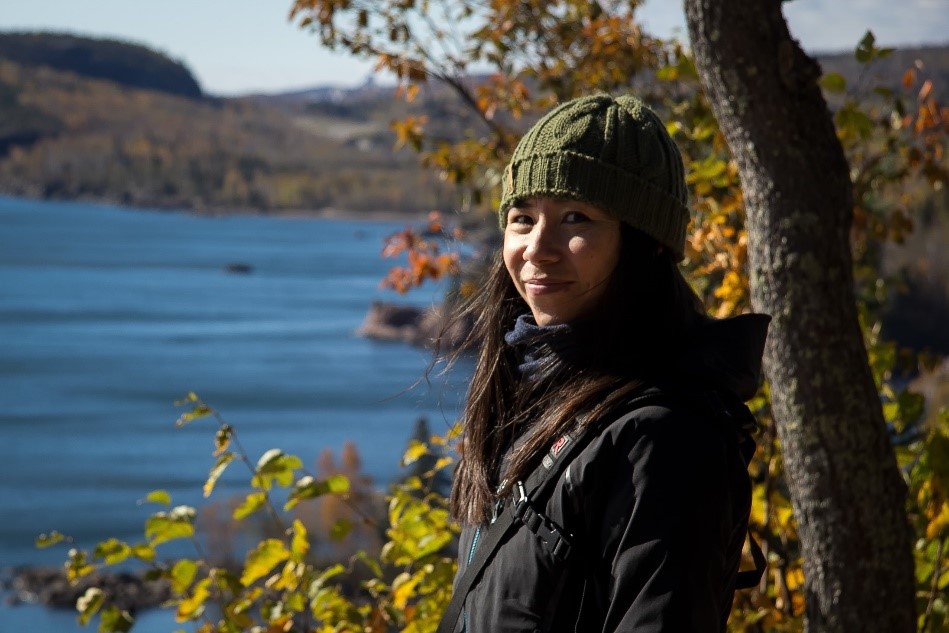Where are they now? Former NASA Postdoctoral Program participant Rika Anderson, Ph.D.
Carleton College Assistant Professor shares NASA knowledge with students

Carleton College faculty member Rika Anderson, Ph.D., researches microbial evolution in hydrothermal vents and the early evolution of microbial metabolisms. Photo credit: Carleton College
Rika Anderson, Ph.D., who now serves as an assistant professor in the biology department at Carleton College, shares the skills and research network she developed as a fellow in the NASA Postdoctoral Program (NPP) with her students. The program provides early-career and more senior scientists the opportunity to share in NASA’s mission and research alongside NASA professionals.
Anderson received her doctorate in oceanography and astrobiology from the University of Washington before joining the NASA Astrobiology Program, an institute designed to develop the field of astrobiology and provide a scientific framework for flight missions.
As a postdoctoral fellow, Anderson’s research took place at the University of Illinois at Urbana-Champaign under the guidance of adviser Rachel Whitaker, Ph.D. While there, Anderson studied microbial evolution in archaea isolated from terrestrial hot springs.
Eventually, she transitioned to the Marine Biological Laboratory with adviser Julie Huber, Ph.D. The move allowed Anderson to apply her newly gained skills and knowledge to microbial populations sampled from deep-sea hydrothermal vents.
The overall goal of Anderson’s research was to better understand how microbial populations adapt and evolve in habitats relevant to the study of astrobiology, a scientific field concerned with life in the universe.
As bacteria have been the dominant forms of life on Earth for the past 3.5 billion years, studying microbial evolution in both terrestrial hot springs and deep-sea hydrothermal vents can reveal universal patterns regarding how microbes and the environment coevolve over time in habitats that may be analogs for the early earth.
“One of the key impressions I’ve gained is the diversity of scientific approaches and perspectives that are employed in astrobiology, as well as the importance of making connections within my scientific network,” Anderson said.

Photo Credit: Antony Adler
After her fellowship, Anderson was appointed as an assistant professor in the biology department at Carleton College in Northfield, Minnesota. As a faculty member, she teaches genomics and bioinformatics as well as a seminar on the origin and early evolution of life, courses largely informed by her experience as a NPP fellow.
“Many of the connections I made as a postdoctoral fellow have continued beyond my postdoc and have turned into valuable collaborations that have given my students and myself fantastic opportunities,” Anderson said.
Anderson continues to apply concepts in microbial evolution and population genomics from her fellowship to her current research, which focuses on microbial evolution in hydrothermal vents and the early evolution of microbial metabolisms. Additionally, she is involved with the Virtual Planetary Laboratory, which is part of the Nexus for Exoplanet System Science, one of the nodes of the NASA Astrobiology Program.
